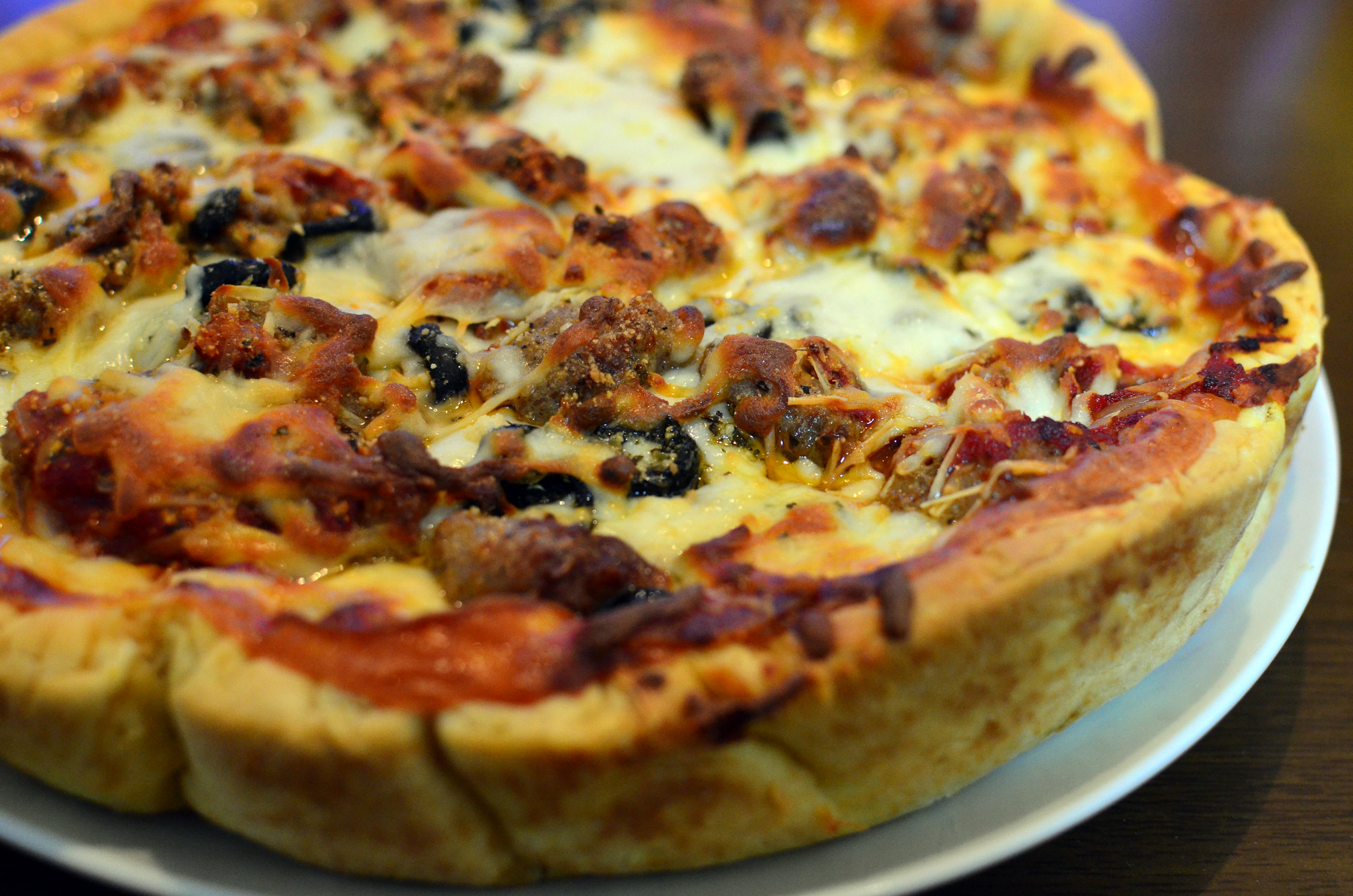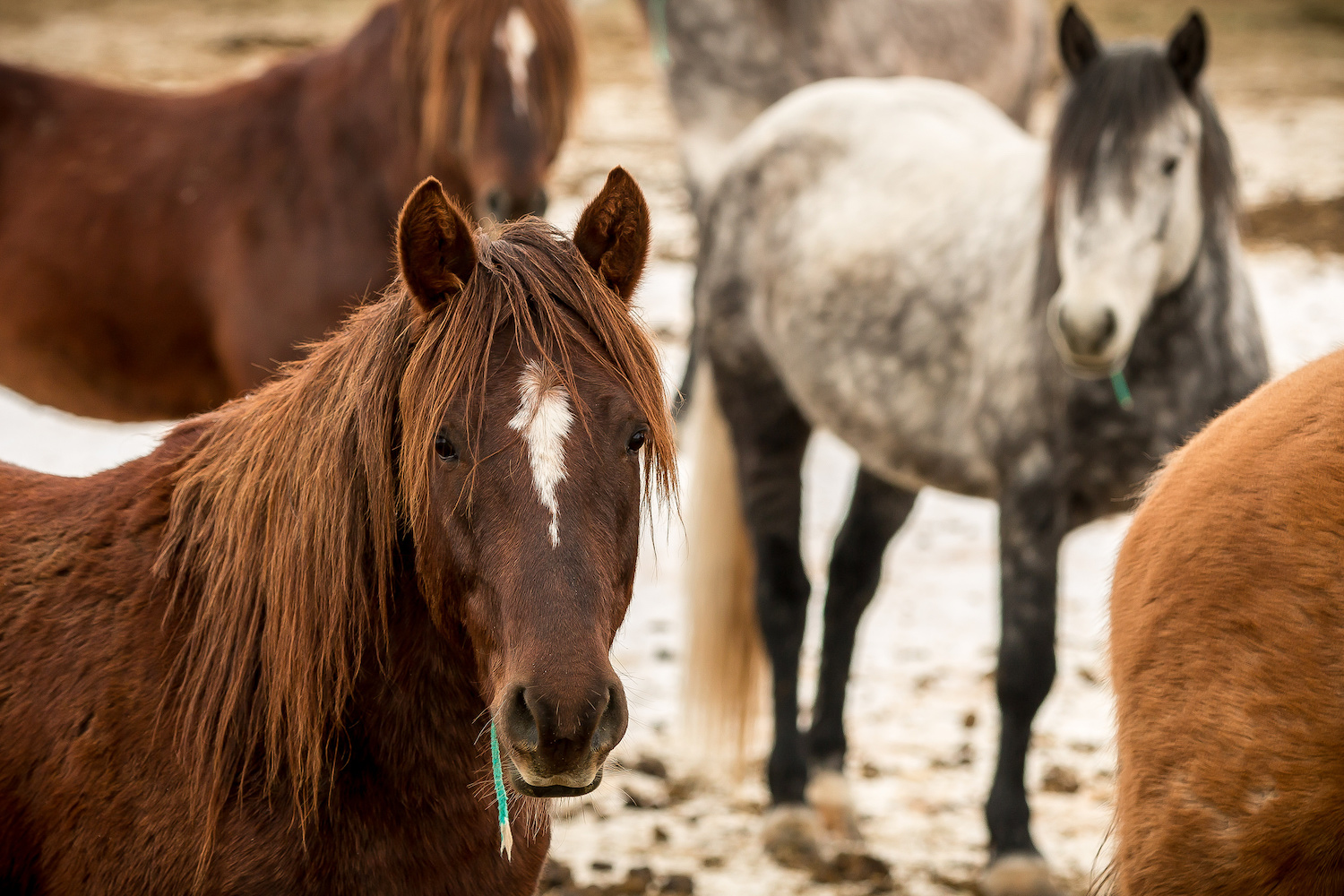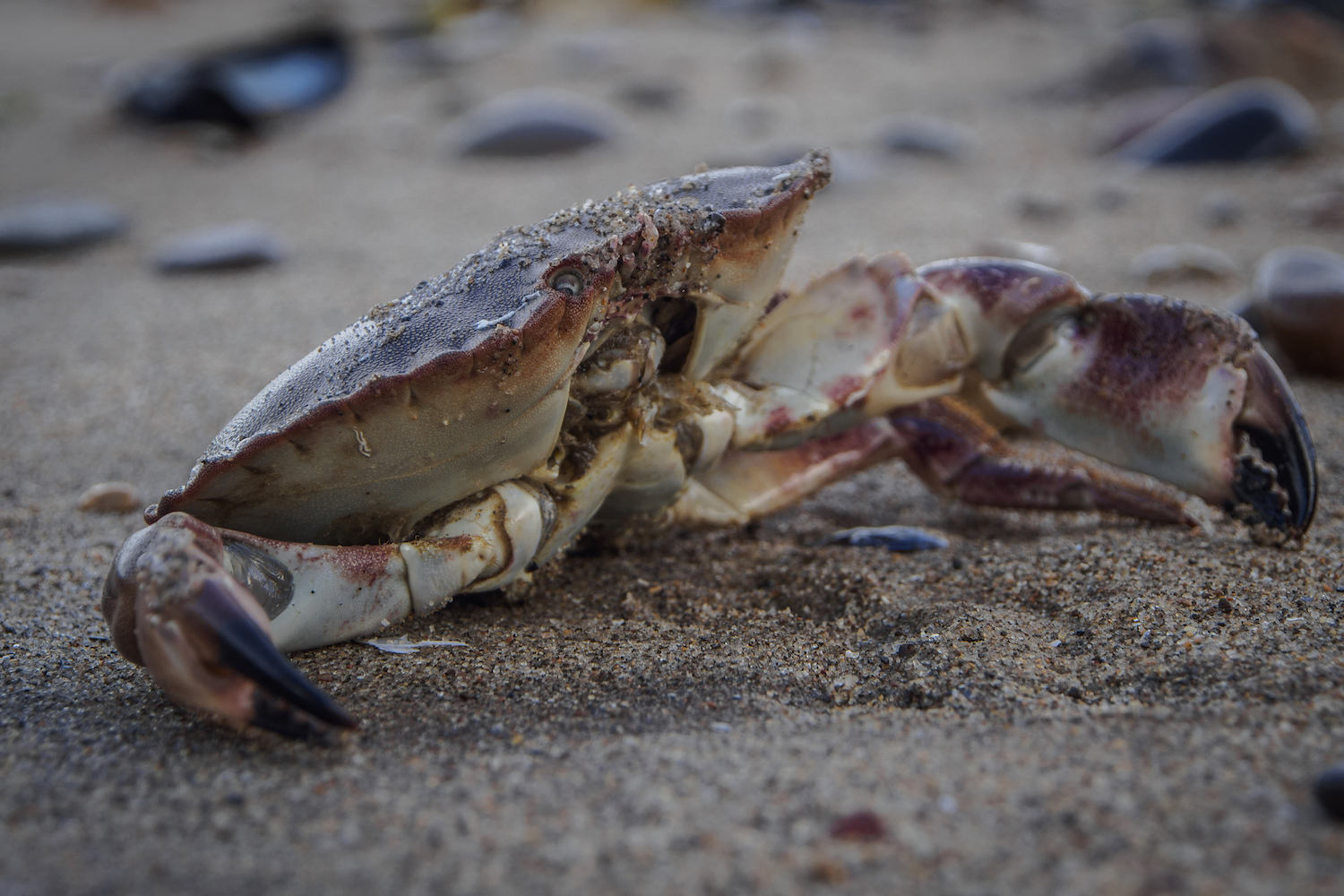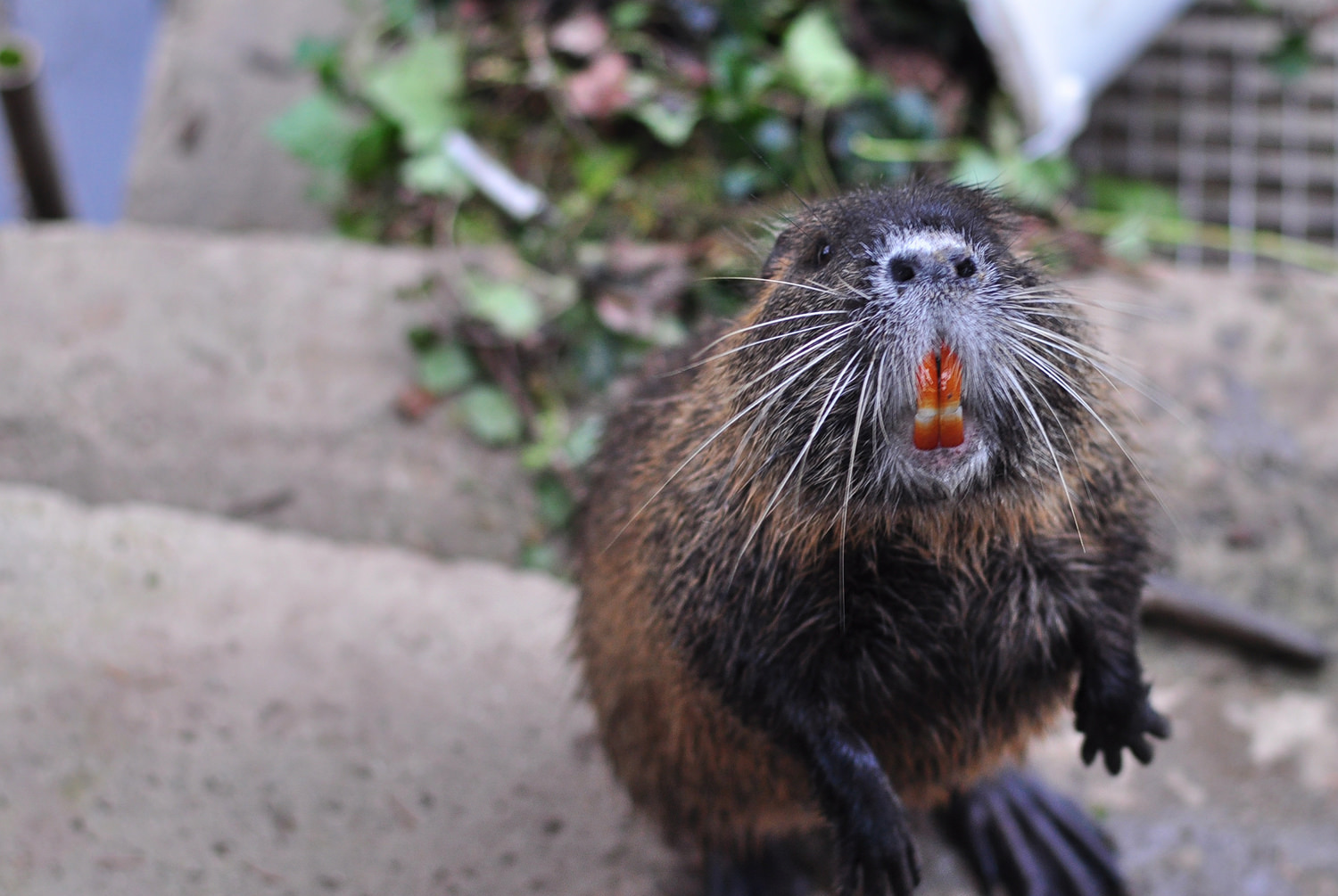This is the web version of a list we publish twice-weekly in our newsletter. It comprises the most noteworthy food stories of the moment, selected by our editors. Get it first here.
Instaprayer. Sure, you could think of Instagram as pithy post-millenium food photography. Or, digital food tribalism run amok. Or, the primary preoccupation of socially hungry eaters. Or, like Theodore Gioia does for The American Scholar, as “… a new incarnation of an ancient instinct: the ritual of tableside grace.” In this heaping helping of cultural commentary, Gioia ponders how comment sections have replaced congregations, and how pictures of plates now mimic moments of prayer at Instagram’s blessed global table.
The deep dish divide. For better or for worse, the city of Chicago is inextricably linked with deep dish pizza. In a new book, reporter Scott Dolinsky charts the history of the legendary food. He also casts a few doubts about how many native Chicagoans prefer that pizza style, which was first invented as a free hand-out at a bar called Ricardo’s in 1943. Staffers cut it into small squares and passed it around, hoping the saltiness would tempt tipplers into ordering another round. Read more in Dolinsky’s Q&A with The Takeout.
How do you do, fellow kids? Some of America’s most venerable brands are slouching toward irrelevance. Oscar-Mayer and Kraft are losing billions of dollars. Campbell’s soup is sitting on shelves. So what do these companies do when there’s no way to improve their steadfast products? Buy a line of high-end organic pet food. Or, perhaps, get into plant-based meat. Axios has the rundown of the brands desperate not to be your grandmother’s favorite.
Today in bison news. Native American tribes in Oklahoma are vertically integrating, building a bison processing plant to capitalize on a huge surge in bison product sales. High Plains Journal reports that the Cheyenne and Arapaho Tribes currently manage a herd of about 450 bison, but would like to start processing 600 head per year. Considering bison can fetch twice as much beef on a per-pound basis, this new facility could be a serious financial boon for the tribes. (Also see our story on the Lakota Tribe’s struggles to build a bison processing plant.)
Mango by mail. It’s hard to find decent lychees, rambutans, and mangosteens in the United States, Lilian Min reports for Eater. But that may change soon: Etsy, of all places, now hosts multiple purveyors of “rare-to-America” fruit. Min ordered mangosteens from two separate vendors to test out their quality. The verdict? A mixed bag.










